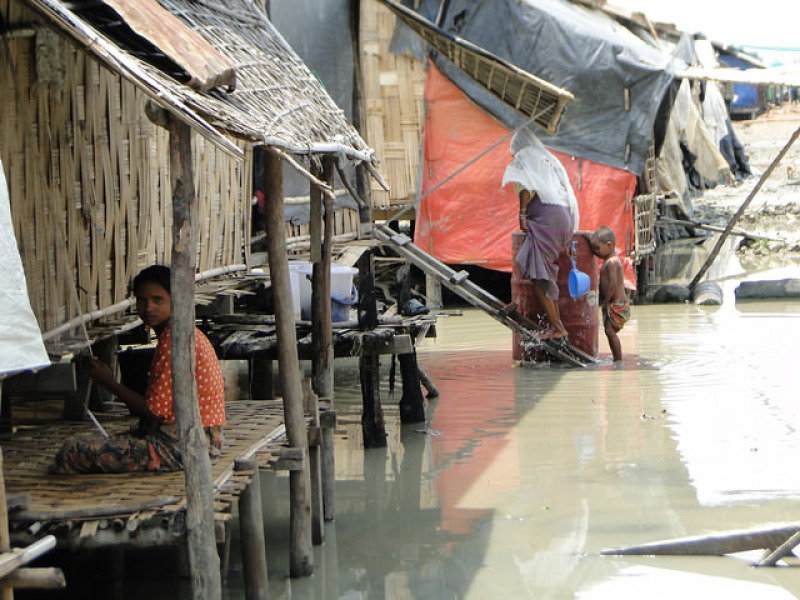

The Rohingya are a minority group in Myanmar that faces discrimination and harsh persecution from majority Buddhists.
Southeast Asian countries agreed to offer help to the thousands of migrants adrift on the Andaman Sea. Officials from 20 countries met in Bangkok, Thailand on Friday and announced plans to aid in search and rescue efforts for the "boat people" without homes.
In the past month, thousands of migrants have been trying to enter Malaysia, Thailand, and Indonesia. The majority of the migrants are Rohingya Muslims who faced persecution in Myanmar, while the other migrants are mainly Bangladeshis trying to escape poverty. During the conference on Friday, the Myanmar delegate argued against claims that the Rohingya migrant problem stems from discrimination in Myanmar.
The international community has criticized the Myanmar government for allowing persecution of the Rohingya minority. Groups of radical Buddhists in Myanmar allegedly chased the Rohingya from their homes and the predominantly Buddhist nation refuses to extend citizenship to the minority Rohingya. Volker Turk of the United Nations has stated that the migrant problem has its roots in Myanmar. Myanmar must address this issue in order for the migrant problem to be solved, he said.
"There's no solutions without addressing the root causes," said Turk. "Among other things, this will require full assumption of responsibility by Myanmar towards all its people."
Turk also suggested that Myanmar extend citizenship to the Rohingya. "Granting of citizenship is the ultimate goal. Recognizing that Myanmar is their own country is urgently required," he said.
Htein Lin, the delegate for Myanmar and the director general at the Myanmar Ministry of Foreign Affairs, argued that the blame should not be placed on Myanmar alone.
"They need to be more informed," Lin said regarding the U.N. criticism. "This issue of illegal immigration of boat people, you cannot single out my country."
It is estimated that 25,000 individuals have attempted to migrate from Myanmar and Bangladesh via boat; hundreds of them died as a result. There are thought to be 2,000 migrants still drifting in the sea. Though the Southeast Asian nations agreed to rescue the migrants, many remain reluctant to open up their shores for residence.



















